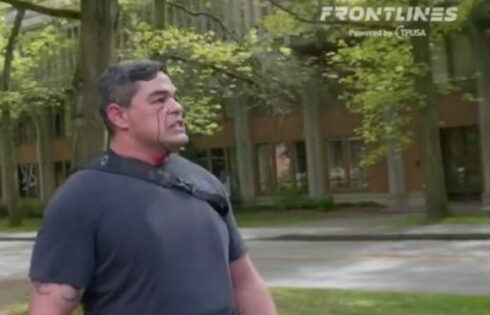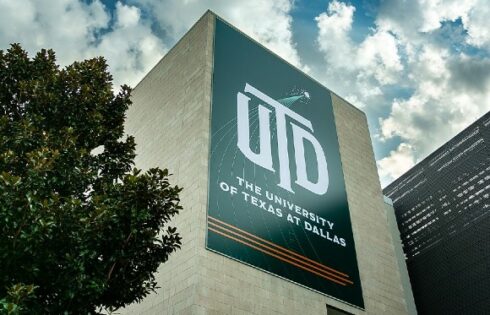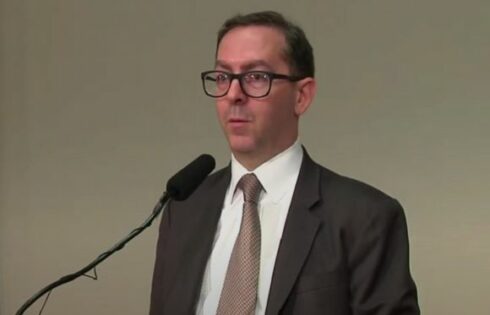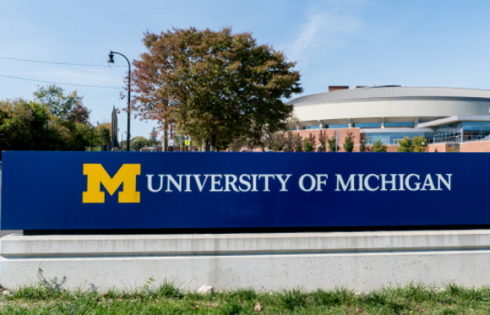Sen. Chuck Schumer said Tuesday that federal regulators are expected to move to ban caffeinated alcoholic drinks, like Joose and the notorious Four Loko, as soon as this week.
Schumer has lobbied the Obama administration to ban the alcoholic energy drinks in recent months. The Associated Press has reported that Schumer said that the Food and Drug Administrators is expected to find caffeine an unsafe additive to alcoholic drinks, which would effectively ban the energy drinks.
The sale of Four Loko, nicknamed “blackout in a can,” has been banned or is in the process of being banned in at least five states, including Michigan and Massachusetts.
Four Loko is a 23.5 oz energy drink that contains 12 percent alcohol, is sold for less than three dollars and comes in 10 different fruity flavors such as blue raspberry and fruit punch. One can of the Four Loko beverage is the same as drinking three beers, a can of Red Bull and a large espresso.
Tuesday night, the makers of Four Loko, Phusion Projects, said they would remove caffeine from Four Loko, citing “a difficult and politically-charged regulatory environment at both the state and federal levels.”
But other energy drinks and caffeine-mixed drinks, including Red Bull and vodka, are popular on campus.
In a 2008 Journal of American College Health study, 26 percent of college students reported drinking at least one energy drink mixed with alcohol before.
According to Dorothy Gager, a mental health clinician and alcohol and drug counselor at the Vanderbilt Student Health Center, although the feeling of drunkenness may not be experienced, each drink still raises the blood alcohol level because the caffeine masks the effects of the alcohol. This process can continue until the central nervous system depressant effect of the alcohol is stronger than the stimulants, resulting in a very sudden crash.
“One minute the person looks and feels fine, the next minute they have passed out, gotten sick or begun to have difficulty breathing because the central nervous system is shutting down,” Gager said.
“It sneaks up on you,” a senior and bartender at Auburn told the Auburn Plainsman last month. “You don’t feel like you’re that drunk, then all of a sudden it’s like being hit by a ton of bricks.”
The University of Florida also conducted a study in 2009 on the effects of mixing alcohol and caffeine, concluding that college-age drinkers were four times more likely to drink and drive after consuming a mix of alcohol and caffeine than if they just drank alcohol.
The study also found that respondents who reported drinking alcohol mixed with energy drinks (6.5 percent of participants) were three times more likely to be drunk than those who hadn’t.
Like The College Fix on Facebook / Follow us on Twitter




Please join the conversation about our stories on Facebook, Twitter, Instagram, Reddit, MeWe, Rumble, Gab, Minds and Gettr.